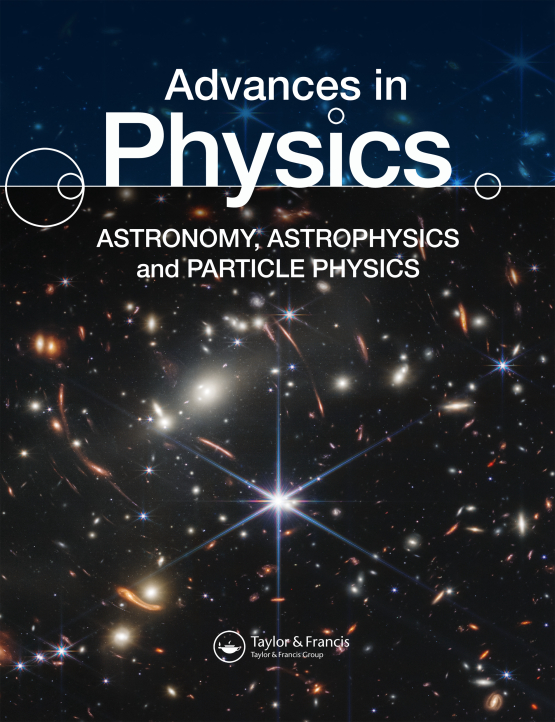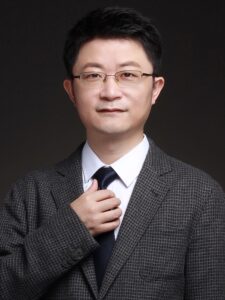Submit a Manuscript to the Journal
Advances in Physics: Astronomy, Astrophysics and Particle Physics
For an Article Collection on
Machine Learning for Advancing Particle Physics and Astrophysics
Manuscript deadline


Article collection guest advisor(s)
Professor Liang Li,
Institute of Nuclear and Particle Physics, Shanghai Jiao Tong University, China
liangliphy@sjtu.edu.cn
Machine Learning for Advancing Particle Physics and Astrophysics
The rapid development of machine learning (ML) techniques has revolutionized data processing and analysis across many scientific fields, particularly in particle physics and astrophysics. These disciplines generate vast amounts of complex data from experiments such as those conducted at the Large Hadron Collider (LHC) and space observatories. Traditional analysis methods often struggle to fully process and interpret this data efficiently. In contrast, machine learning, with its capabilities in pattern recognition, anomaly detection, and predictive modeling, has become an invaluable tool for addressing these challenges.
This article collection aims to explore the intersection of machine learning with particle physics and astrophysics, highlighting its applications in areas such as event reconstruction, data filtering, and the identification of rare phenomena. We invite original research articles and review papers detailing recent advancements in ML algorithms specifically designed for high-energy physics and astrophysics experiments. Furthermore, we encourage forward-looking contributions that discuss future opportunities and the integration of ML techniques with next-generation detectors, telescopes, and computational facilities. Through this collection, we aim to provide a comprehensive overview of how machine learning is accelerating discoveries and addressing long-standing challenges in these interconnected fields.

Liang Li is a Professor of Physics and Co-founder of the Collider Physics Group at Shanghai Jiao Tong University, working on the ATLAS experiment at CERN, Muon g-2 Experiment at Fermilab and interdisciplinary frontiers. Liang has previously held positions at the Fermi National Accelerator Laboratory Illinois, and University of California, Riverside.
Liang’s research interests include Collider Physics, Muon Physics, Higgs Physics, Top Quark Physics and Interdisciplinary Research.
Benefits of publishing open access within Taylor & Francis
Global marketing and publicity, ensuring your research reaches the people you want it to.
Article Collections bring together the latest research on hot topics from influential researchers across the globe.
Rigorous peer review for every open access article.
Rapid online publication allowing you to share your work quickly.
Submission Instructions
Authors should submit articles for consideration through the 'Submit an article link'. All submitted articles deemed as suitable for consideration for inclusion into the article collection will be subject to rigorous peer review before a decision is made.
All manuscripts submitted to this Article Collection will undergo desk assessment and peer-review as part of our standard editorial process. Guest Advisors for this collection will not be involved in peer-reviewing manuscripts unless they are an existing member of the Editorial Board. Please review the journal Aims and Scope and author submission instructions prior to submitting a manuscript.
